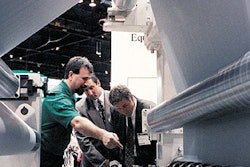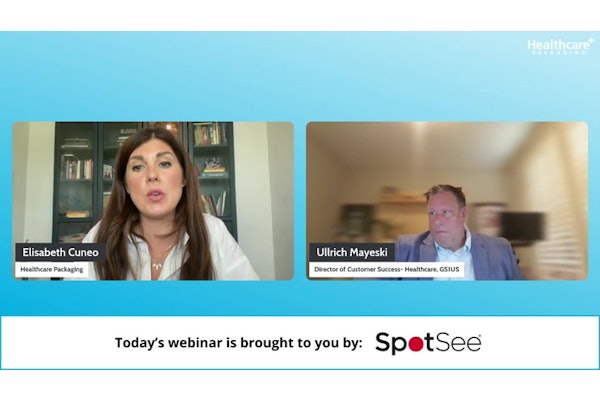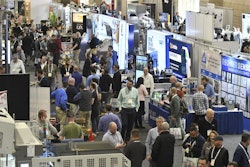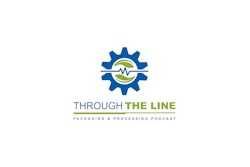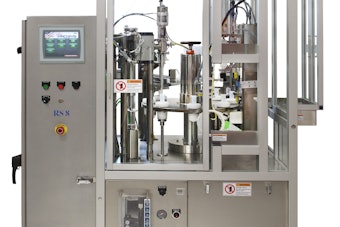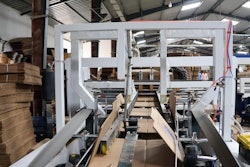Air cushioning brightens Sunrise Medical's shipments
When a customer invests in a wheelchair, he or she wants it to be in pristine condition. So when some customers complained about nicks, scratches or dents on these medical devices, Longmont, CO-based manufacturer Sunrise Medical sought a cure. The occasional damage during shipping was attributable to the kraft paper Sunrise Medical had used to wrap metal wheelchair components such as arm rests or leg rests.
Mar 26, 2007
Researched List: Blister Machines for Life Sciences
Need a blister machine for life sciences packaging? Our curated list features companies serving pharmaceutical, medical device, nutraceutical, and cosmetic industries. Download to access company names, locations, machine specifications, descriptions, and more.
Download Now
List: Digitalization Companies From PACK EXPO
Looking for CPG-focused digital transformation solutions? Download our editor-curated list from PACK EXPO featuring top companies offering warehouse management, ERP, digital twin, and MES software with supply chain visibility and analytics capabilities—all tailored specifically for CPG operations.
Download Now



